From Career to Curiosity: An LIS Master's Story

In my first job after university, we were told to sit in pairs at a desk so that we could learn how to send emails to each other. This was 1997. Yesterday, Dr Carney showed my class how to transform the complete works of Shakespeare and the King James Bible into two very long lists; make a call to Open AI to identify the most common masculine and feminine nouns; and then do some linguistic analysis on the distribution of these nouns in the two texts.
It is the thrill of learning methods such as this (and it is thrilling) that explains why, after twenty-six years of work, I am devoting a year to my own learning, growth and creativity as a Masters student at the London Interdisciplinary School.
With a background in education policy, I love talking about the necessity of orchestrating different domains of knowledge and skill to address complex problems. I believe that too many students are leaving education not appropriately equipped to make the world better (case study one: the pipeline of Philosophy Politics and Economic (PPE) graduates into the UK’s Civil Service as opposed to data scientists, anthropologists and system thinkers). I also believe that the current model of front loading learning is not going to be enough if those already in work are going to keep-up with the opportunities, and threats, that AI will create.
That’s the theory anyway. But, I want to go back to the thrill of learning new ways of seeing the world by sharing one of the things I am thinking about right now.
The anthropologist Jane Jacobs is most famous for her work on cities, but in the Summer I read Systems of Survival in which identifies two moral systems - one of Commerce, one of Politics - which are associated with different lists of moral injunctions. For example, the list for Commerce includes: shun force, compete and be efficient. The relevant point here is the methodology she used to generate these lists:
“I immersed myself in the library, opening to closing. Read, read, read, and took notes … then I holed up at home and tried to make sense of my notes.”
As well as sounding exhausting, this approach, presumably the only one available at the time, sounds inevitably both subjective and incomplete.
So, my question: how can the techniques of computational linguistic analysis be used to generate, through the language that business and politics uses, insights into their current moral systems that is much faster, more extensive and more objective.
A week ago, that thought would not have been available to me. Now I need to work on turning that thought into reality.
Share this story
Sign up for our newsletter
Don't miss out on important updates including course information, new announcements, Open Day dates and the latest LIS news.

%201-min.png)
.jpg)
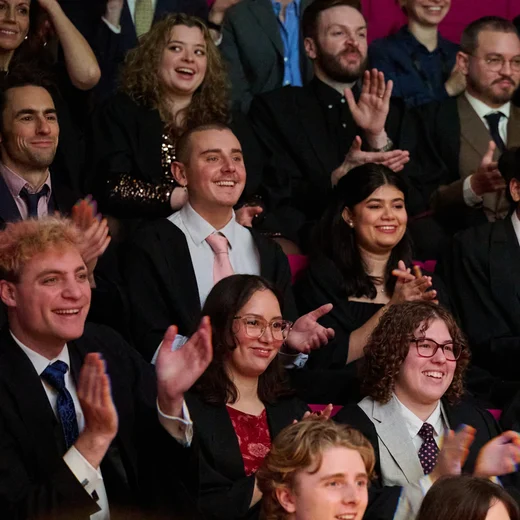


































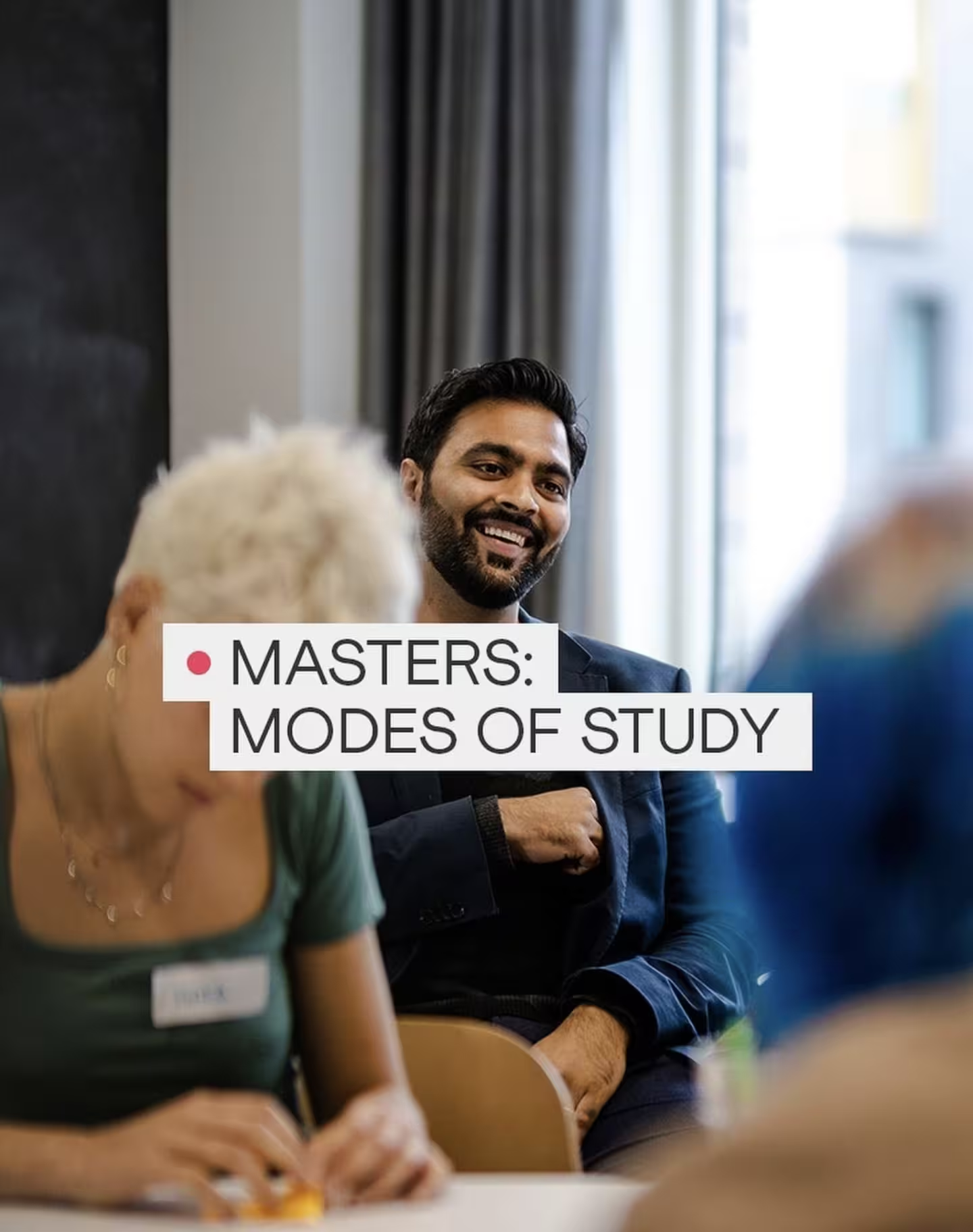
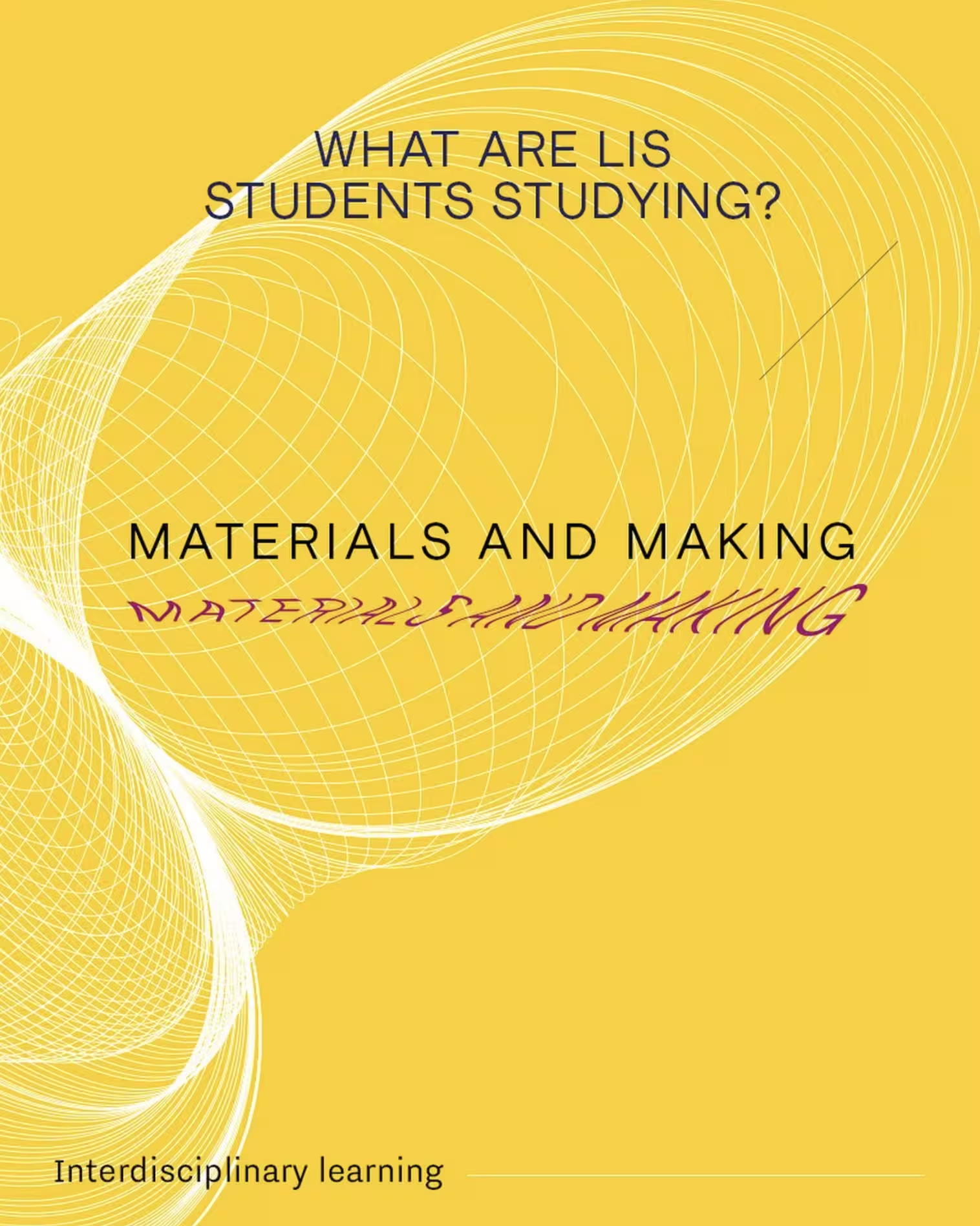
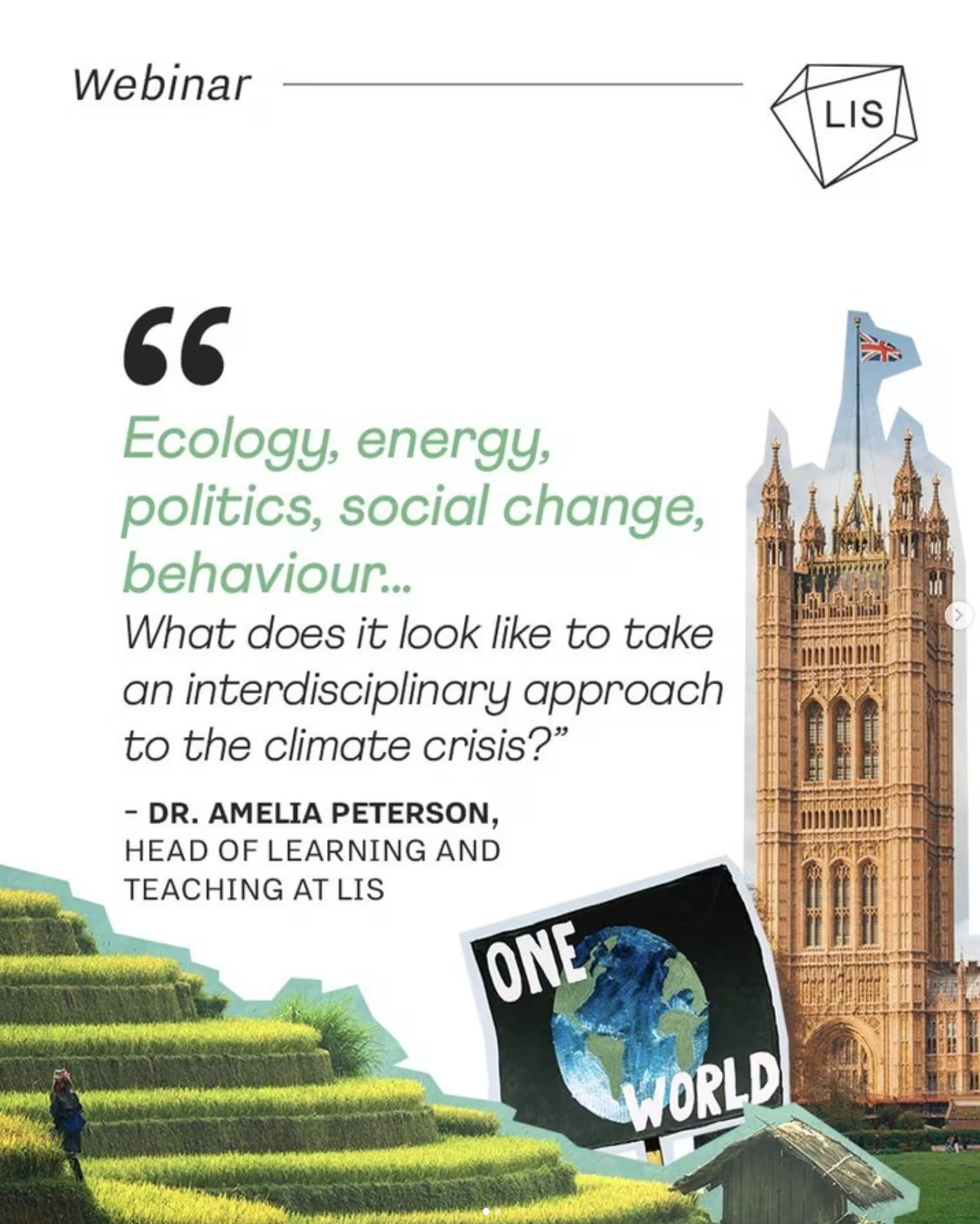






.svg)

.svg)
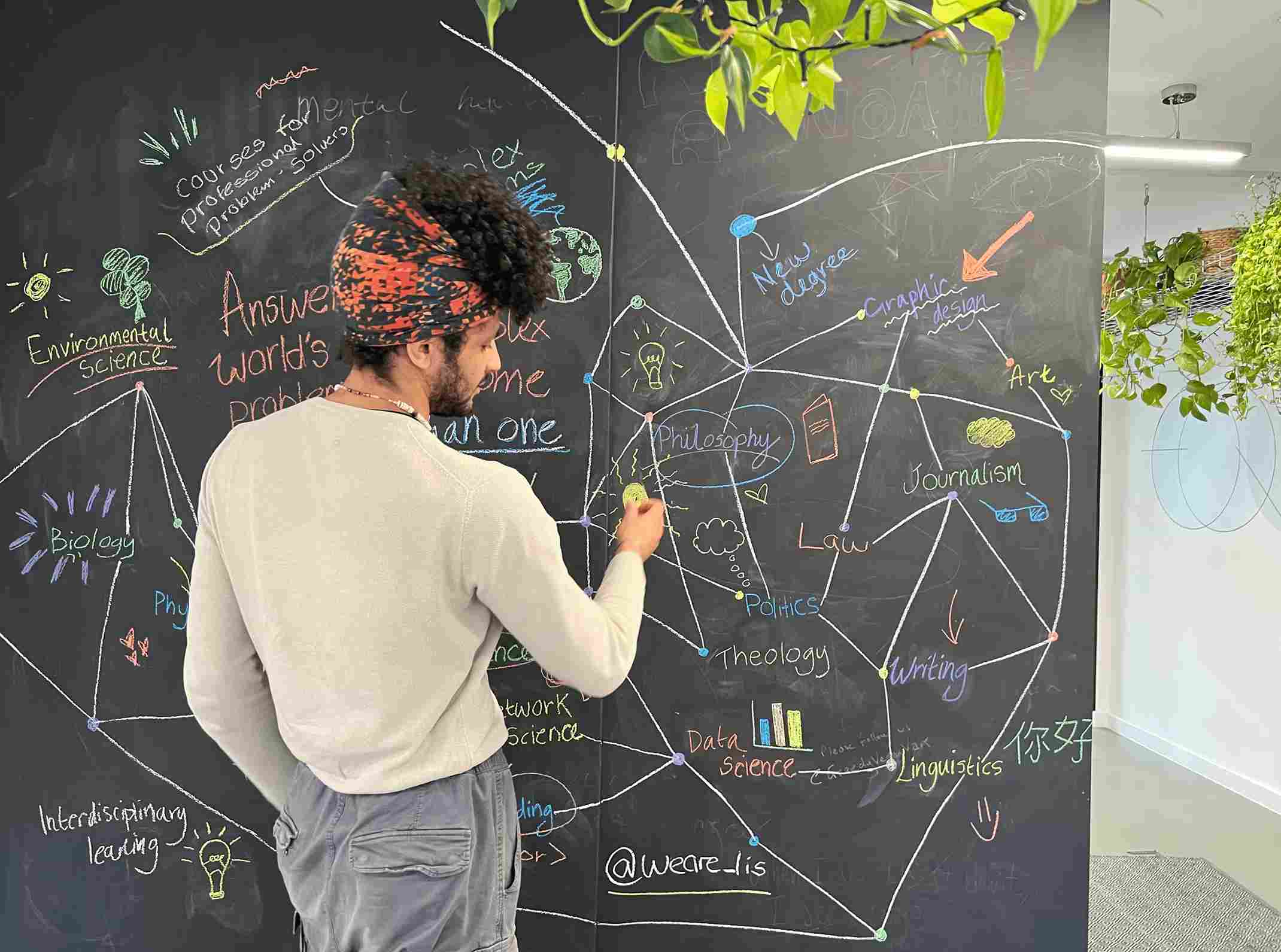






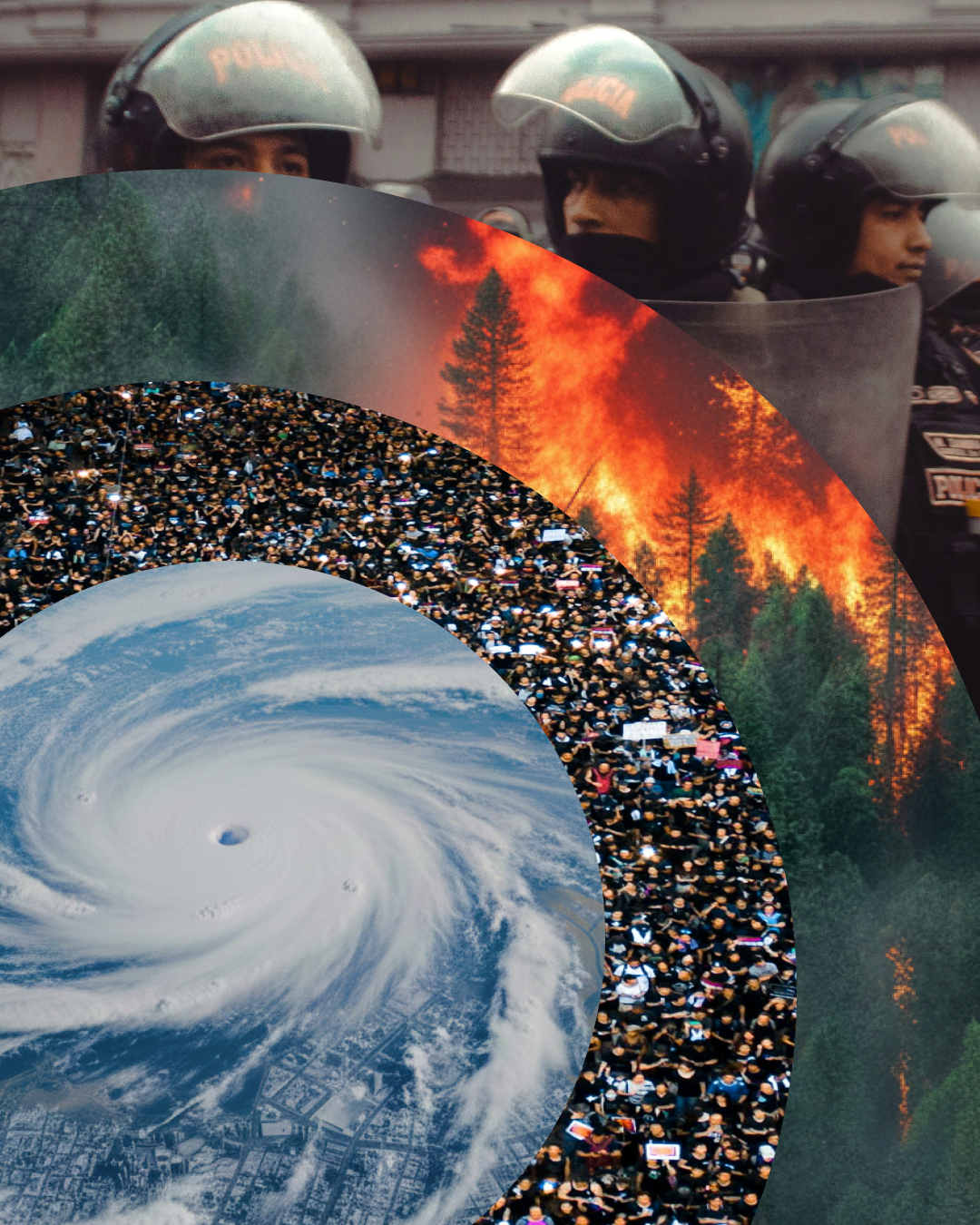
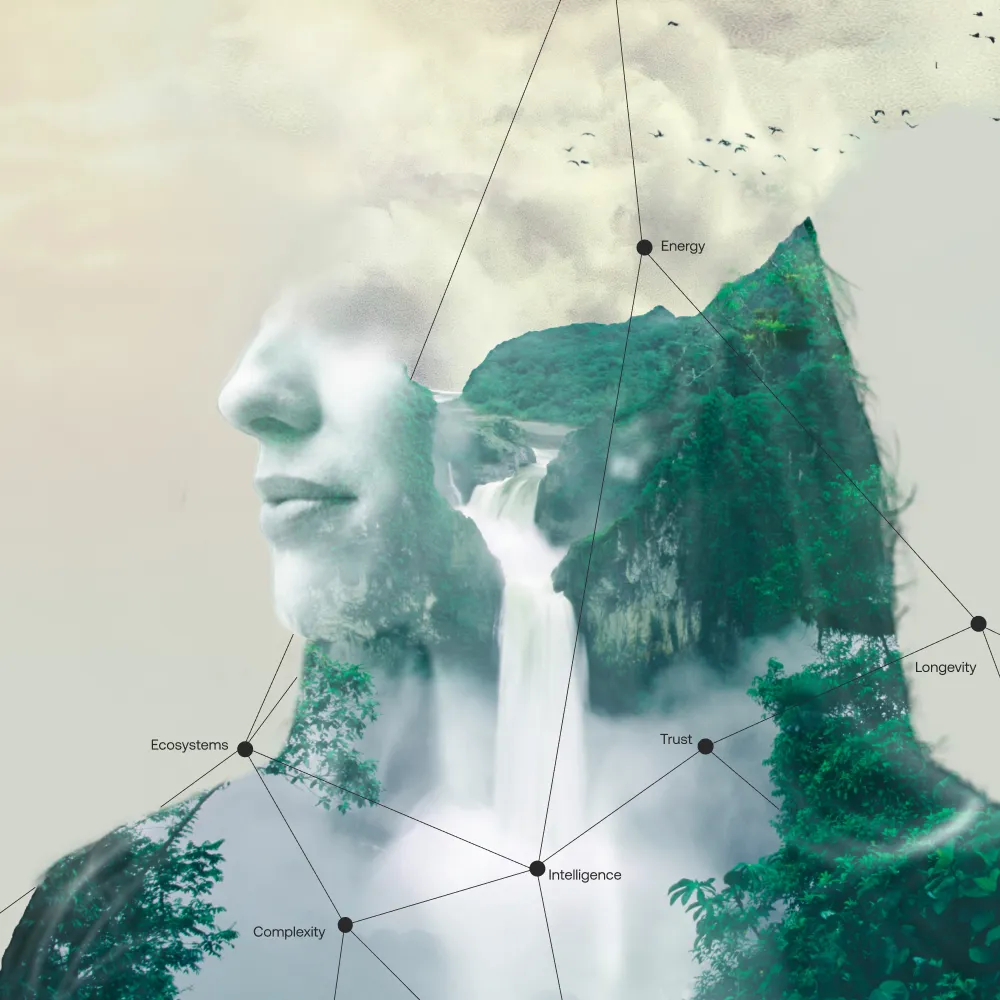
.webp)
This is a comment related to the post above. It was submitted in a form, formatted by Make, and then approved by an admin. After getting approved, it was sent to Webflow and stored in a rich text field.